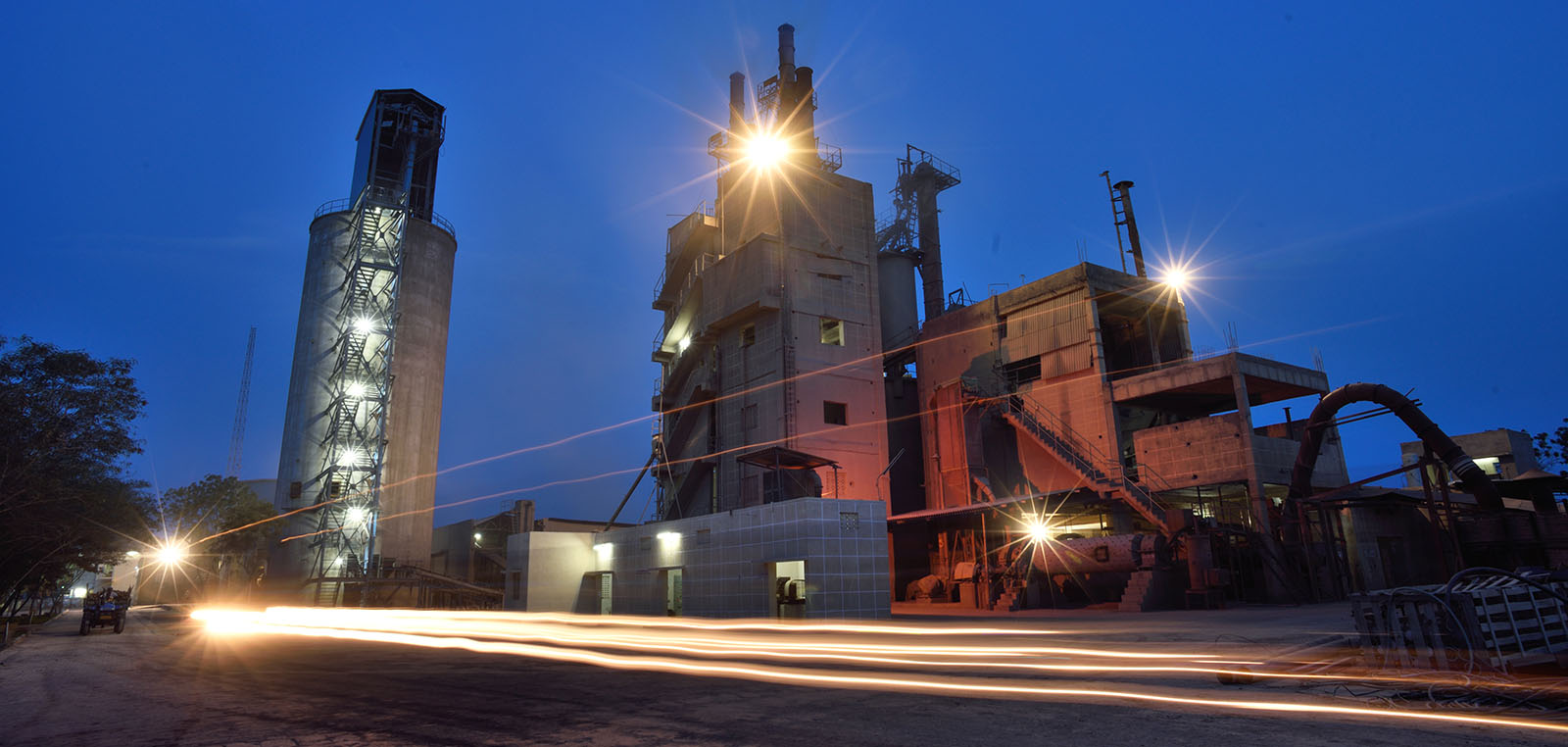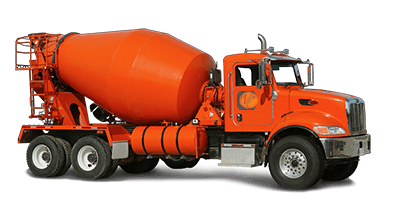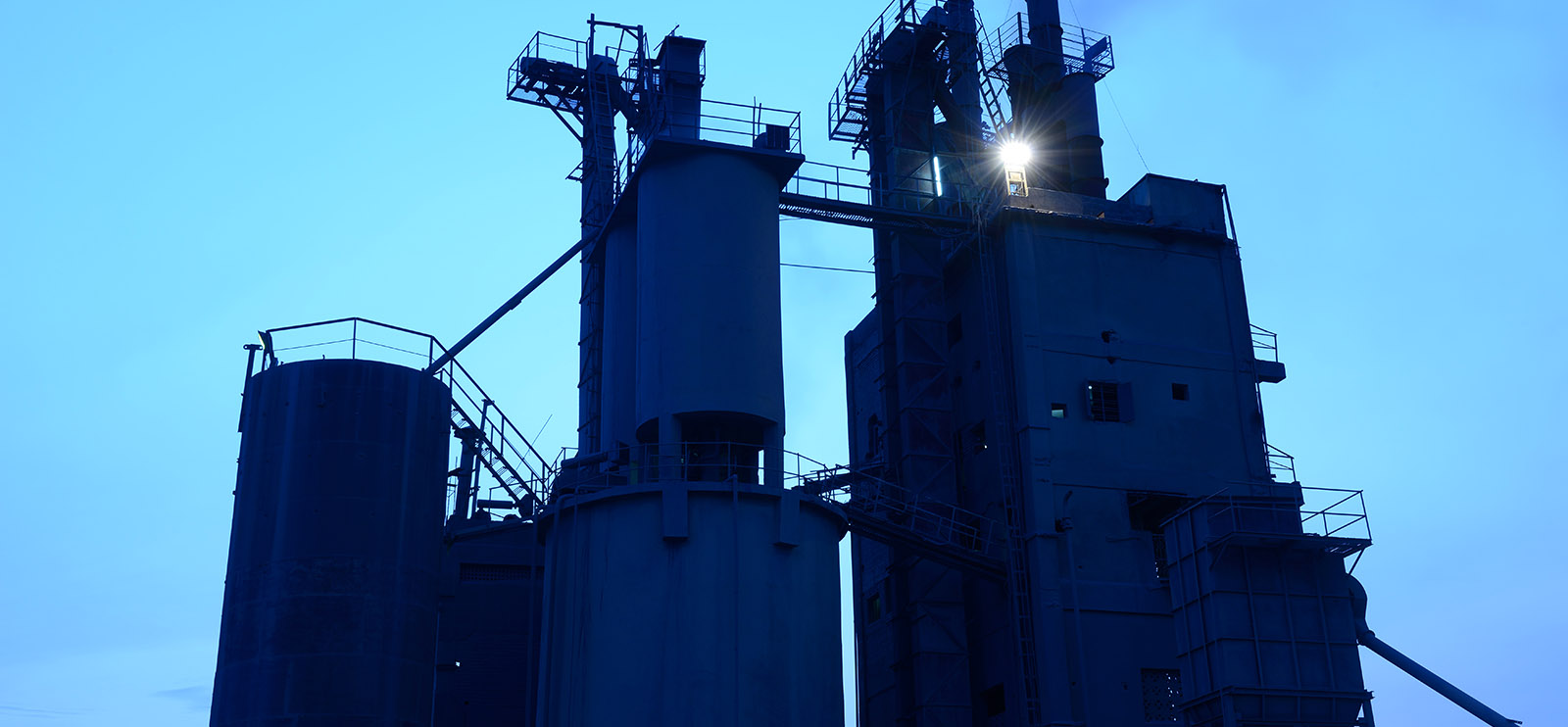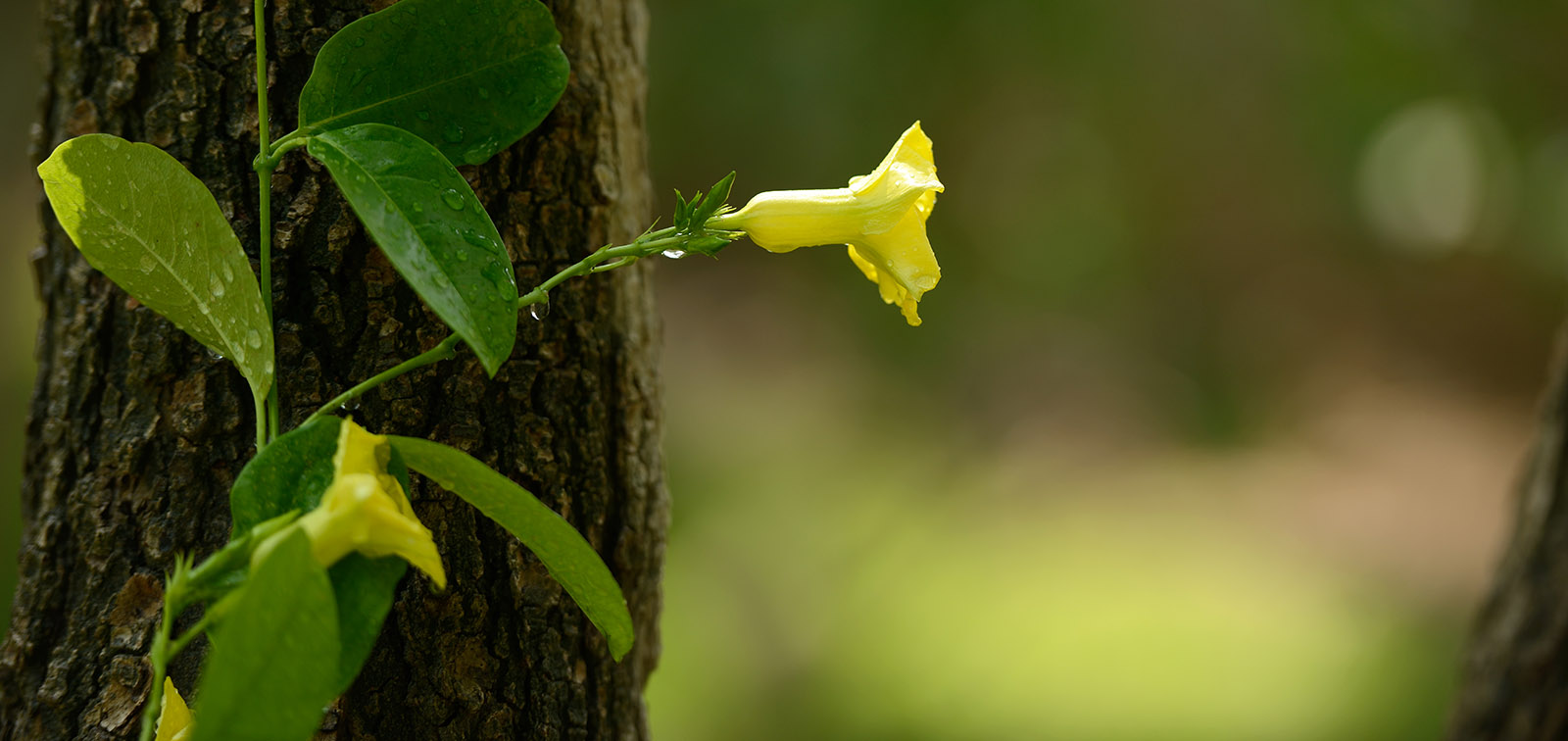
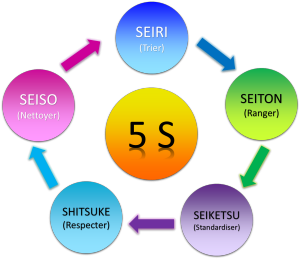
Vijay Cements – A Class Apart
We are a leading environmentally and socially progressive cement manufacturing company located in Vellakalpatti, Trichy, Tamilnadu, India. We’ve been in operation since 1992 and we remain a family-led business with a values-oriented, people-focused culture. Our products protect human life and personal property, improve the quality of life, generate economic prosperity and connect society. Our Values guide how we conduct ourselves and our business affairs, particularly with regard to our customers, our employees, our communities and the environment.
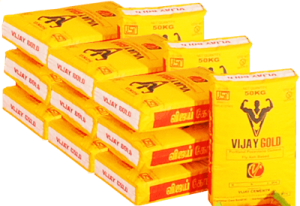
LATEST NEWS

